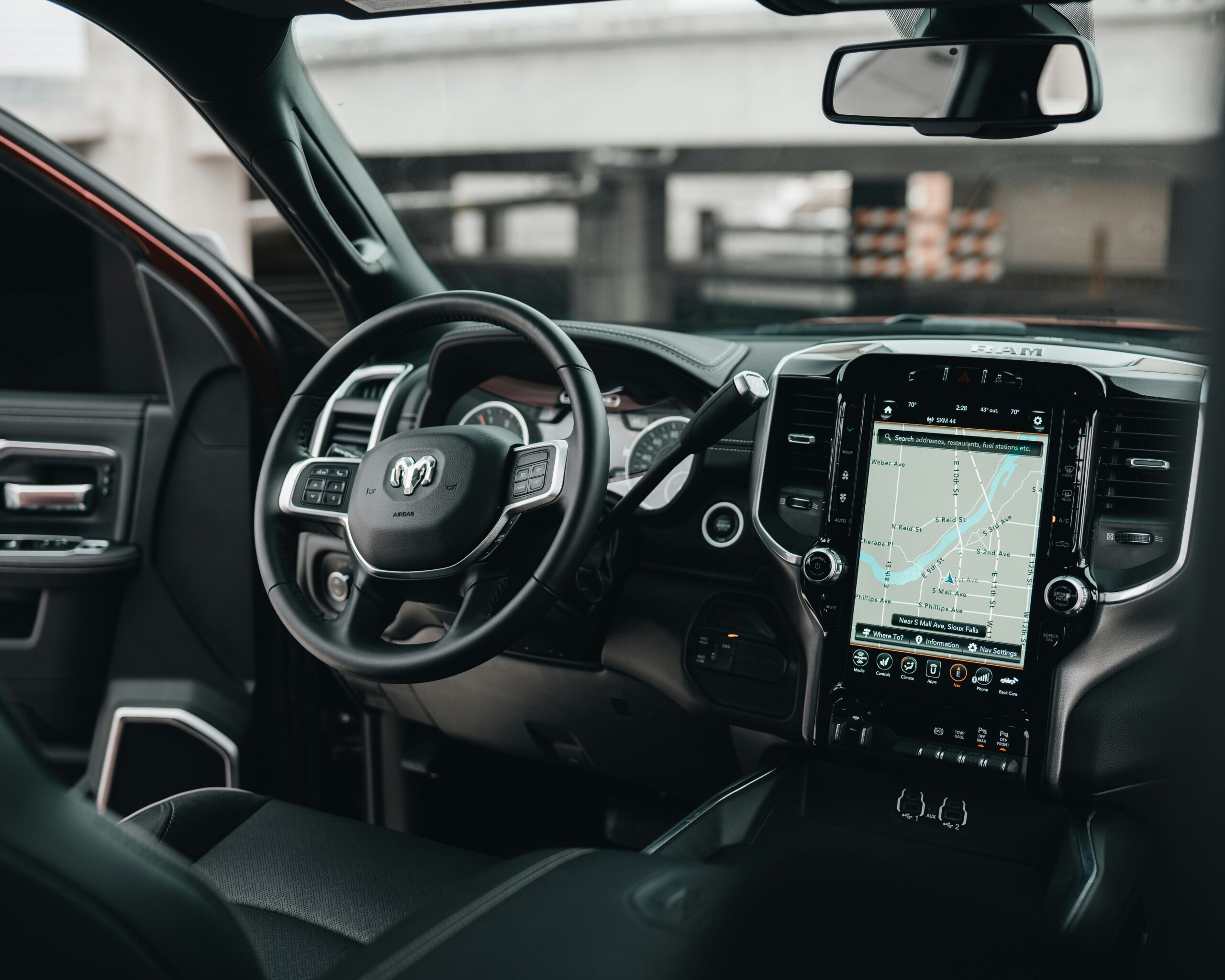CivicScience’s recent survey sheds light on this intriguing question, revealing how car ownership preferences intersect with purchase intentions among U.S. consumers.
American-made cars dominate the roads, with 44.4% of respondents primarily driving them. Japanese-made cars follow at 27.0%, while German-made cars account for 8.2%. Interestingly, 10.0% of respondents don’t own a car at all. These figures suggest a strong preference for domestic vehicles, particularly among older age groups, who are more inclined to drive American-made cars. In contrast, younger drivers, aged 18-24, show a penchant for German-made vehicles.
When it comes to buying or leasing a used car in the next 90 days, only 6.2% of respondents are very likely to do so, while 12.3% are somewhat likely. A significant 81.5% are not considering it at all. The likelihood of purchasing a new car is even lower, with just 5.5% very likely and 10.6% somewhat likely. A striking 83.9% have no plans to buy a new car soon. These numbers indicate a general hesitancy among consumers to make immediate car purchases, regardless of the type of car they currently own.
Demographic factors play a crucial role in shaping these purchase intentions. Younger respondents, particularly those aged 18-24, are more inclined to consider buying or leasing both new and used cars. This trend aligns with their preference for German-made cars, suggesting a youthful enthusiasm for change and new experiences. Conversely, older respondents, especially those aged 65 and older, are less likely to consider purchasing cars, reflecting a more settled lifestyle.
Income levels also influence car purchase intentions. Lower-income groups, earning between $0 and $29,999, show a higher likelihood of considering used car purchases. In contrast, higher-income groups, with earnings of $100,000 and above, express more interest in new cars. This disparity highlights the financial considerations that drive car-buying decisions, with budget constraints steering lower-income individuals toward used vehicles.
Gender differences emerge in car purchase intentions as well. Among those very likely to buy a new car, 52.0% are male, while 48.0% are female. A similar pattern is observed for used car purchases, with 51.0% male and 49.0% female. These figures suggest a slight male dominance in car-buying enthusiasm, although the gender gap is not substantial.
Overall, the survey reveals that while car ownership preferences vary, they do not significantly influence immediate purchase intentions. Instead, age, income, and gender play more prominent roles in shaping these decisions. As consumers weigh their options, it becomes clear that financial considerations and lifestyle factors are pivotal in determining whether they will drive off in a new or used car in the near future.

